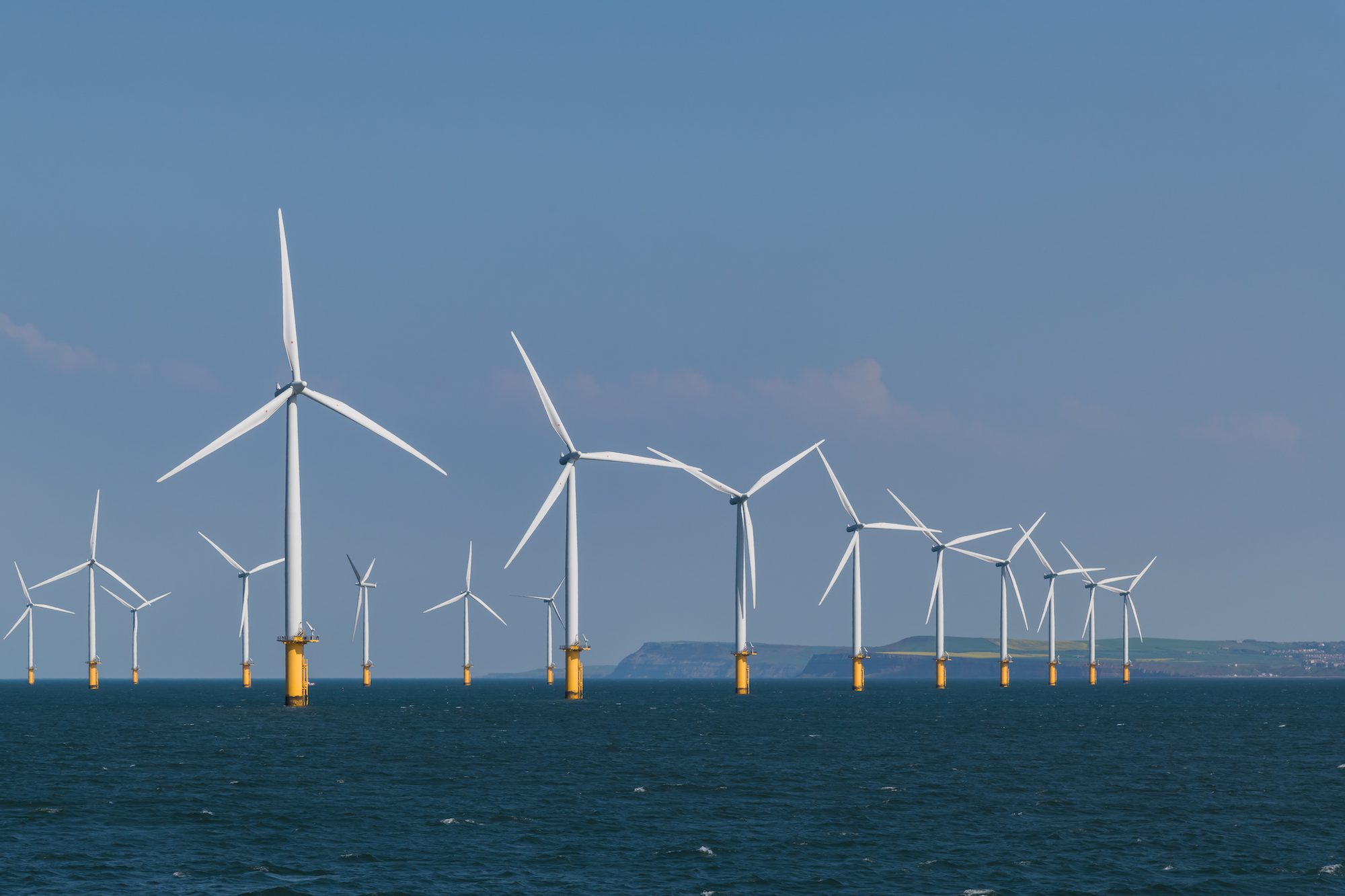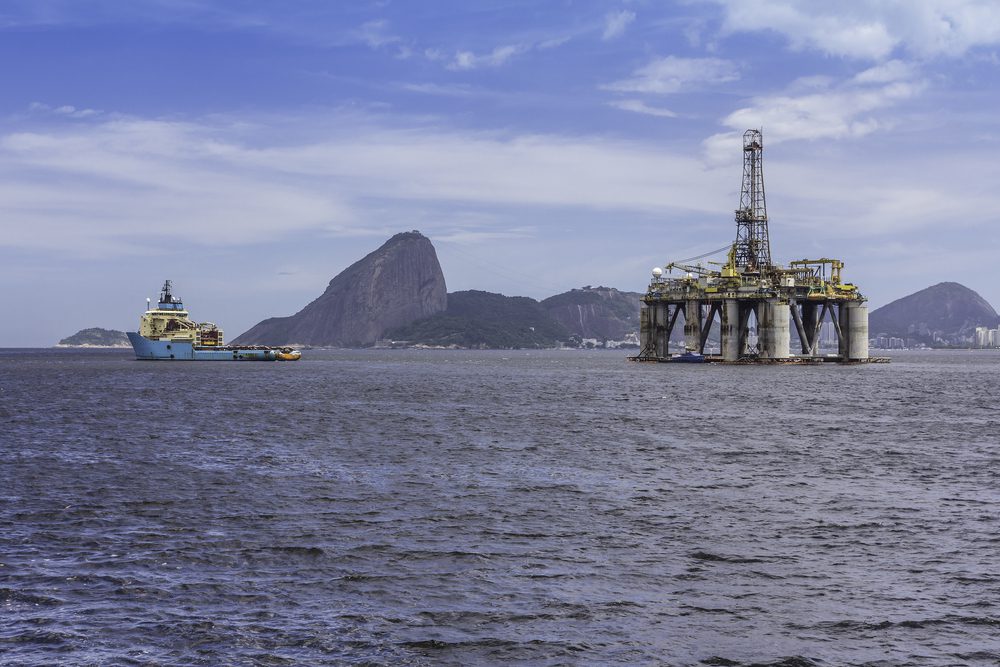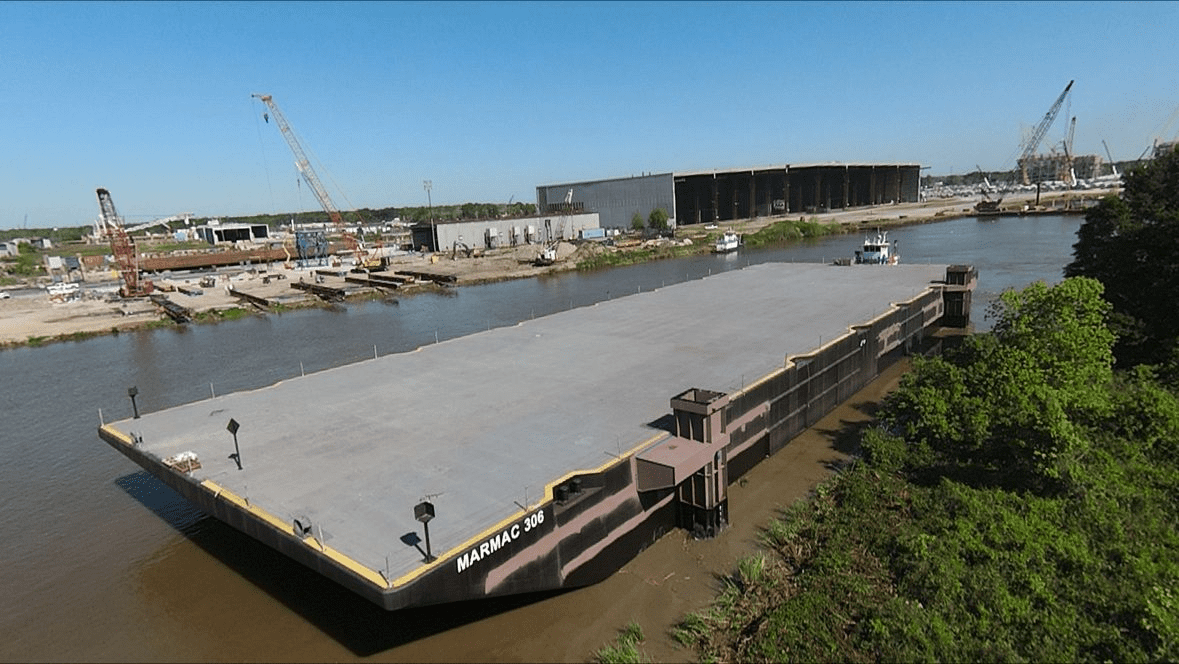(Bloomberg) —
Vattenfall AB halted the development of an offshore wind project in the UK after costs surged, posing a major setback for a key part of Britain’s climate and energy security plans.
The Swedish utility said a wind farm planned in the North Sea, which would provide power for 1.5 million UK homes, is no longer viable after costs for the technology soared 40%. Vattenfall will take a hit of 5.5 billion Swedish krona ($537 million) because of the decision, it said in a report released Thursday.
“Although demand for fossil-free electricity is greater than ever, the market for offshore wind power is challenging,” Vattenfall Chief Executive Officer Anna Borg said in a statement. “Higher inflation and capital costs are affecting the entire energy sector, but the geopolitical situation has made offshore wind and its supply chain particularly vulnerable.”
Vattenfall’s decision follows years of soaring costs for materials, logistics and financing — threatening the viability of a technology that’s key to cutting reliance on gas and coal-fired power stations. Nowhere is the dependence on offshore wind greater than in Britain, which plans to nearly quadruple its fleet of wind farms at sea by the end of the decade.
The decision not to build the wind farm leave the UK more dependent on imported fossil fuels, undermining promises by Conservative Party prime ministers, including Rishi Sunak, to use offshore wind to boost the country’s energy independence.
“The government has set very challenging targets for the expansion of offshore wind in order to bolster our energy security through clean domestic power which can reduce our costly reliance on imported fossil fuels,” said Adam Berman, deputy director at industry group Energy UK. “The government needs to recognize the much-changed economic picture for developers.”
Norfolk Project
Vattenfall’s 1.4-gigawatt Norfolk Boreas wind farm was key to realizing the UK’s plans in the near term. It’s among projects at an advanced stage of development, and a final investment decision was expected later this year. Last year, the company received a government-backed contract for the project that would have locked in record-low power prices for 15 years. But the low price may have ultimately doomed the project.
“The market framework in the UK that’s supposed to incentivize investment in renewables isn’t reflecting the current market environment,” said Helene Bistrom, the head of Vattenfall’s wind business. “This is important for the UK, but Vattenfall needs to invest responsibly.”
Developers had warned the government that rising costs could jeopardize projects that won those contracts. However, a number of the companies decided to push on, or have said they plan to do so. That relieved some pressure, but any major wind farm that doesn’t get built leaves a void of power production that will have to be filled.
“If government gets the policy wrong on the current round of renewables auctions and doesn’t keep pace with increasing costs, the UK could end up even more reliant on foreign gas, leaving households on the hook with higher bills,” said Jess Ralston, head of energy at the Energy and Climate Intelligence Unit. “Doubling down on renewables, which remain much cheaper than gas, means in future price spikes we’ll be less exposed.”
For Britain to realize its 2030 offshore wind goal would require just about everything to go right. Now with at least one major project stopped, reaching that goal becomes less likely. And it will be more expensive than once thought.
Vattenfall said its wind business overall is profitable and that it’s looking at options for the Norfolk Boreas project and others it’s developing in the same area.
© 2023 Bloomberg L.P.

 Join The Club
Join The Club










